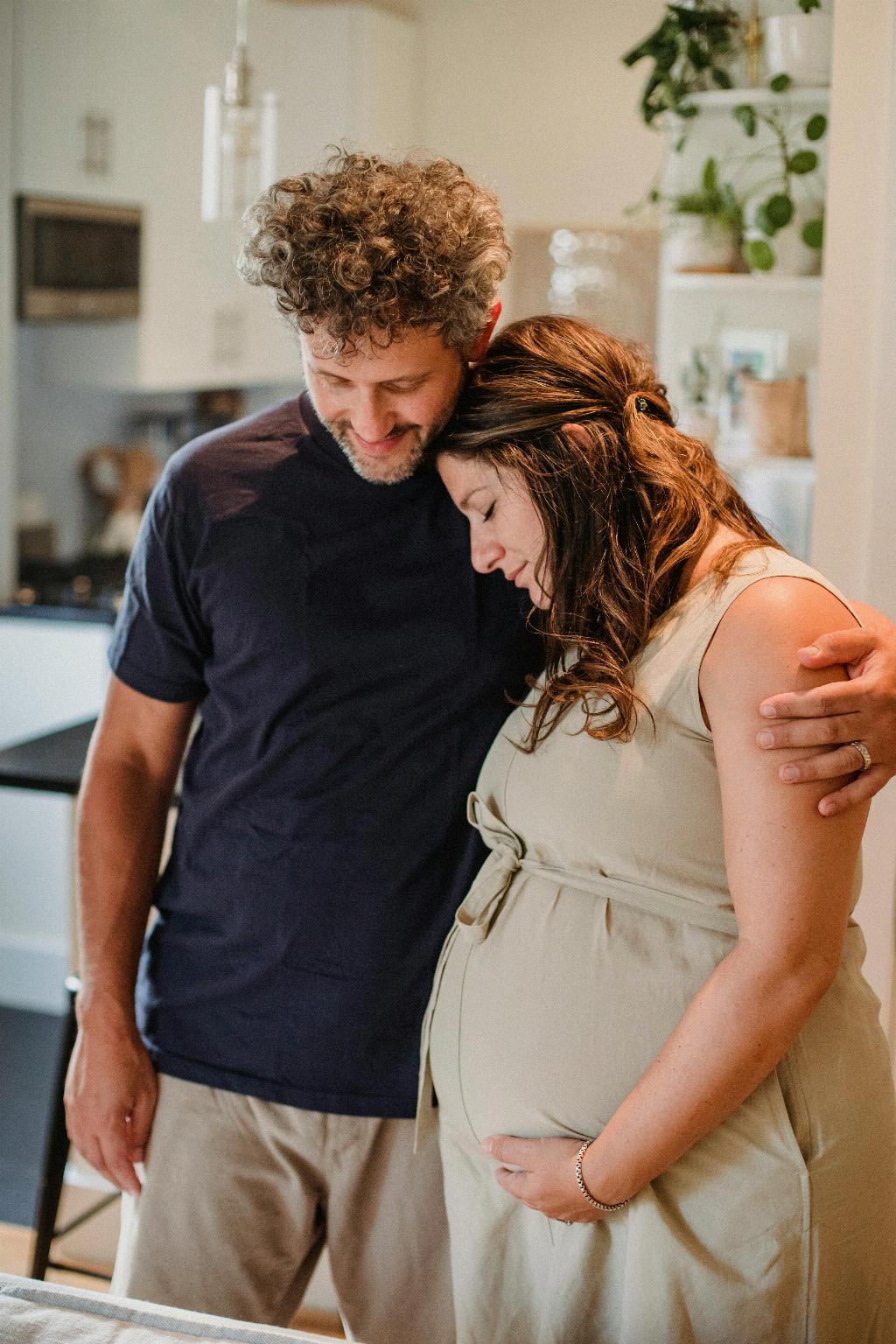Early pregnancy is a period of rapid changes in your body, and it’s essential to pay attention to what you wear to stay comfortable and safe. Here are some key tips on what not to wear during this crucial time:
Avoid Tight Clothing
One of the most critical things to keep in mind during early pregnancy is to avoid wearing tight clothing. Tight belts, bras, girdles, slacks, garters, and knee socks can all restrict blood flow and lead to discomfort and even medical issues like varicose veins.
Skip the High Heels
While high heels may add a touch of glamour to your outfit, they can be extremely uncomfortable and even risky during early pregnancy. Opt for supportive footwear with a lower heel to prevent straining your back and feet.
Steer Clear of Restrictive Waistbands
Clothing with tight or rigid waistbands can be very uncomfortable, especially as your belly starts to grow. Avoid anything that puts pressure on your abdomen and instead choose stretchy, adjustable waistbands that can accommodate your changing shape.
Say No to Uncomfortable Fabrics
During early pregnancy, your body temperature can fluctuate, making it essential to choose fabrics that are breathable and lightweight. Avoid synthetic materials that can trap heat and moisture, opting instead for natural fibers like cotton and linen.
Avoid Underwired Bras
Underwired bras can be constricting and uncomfortable, leading to issues like breast tenderness and blocked milk ducts. Opt for soft, supportive maternity bras without underwires to ensure both comfort and proper circulation.
Stay Away from Heavy Jewelry
Chunky necklaces, large earrings, and heavy bracelets can be cumbersome and add unnecessary weight to your body during early pregnancy. Keep your accessories light and minimal to avoid any strain on your neck, back, or wrists.
Avoid Fabrics That Irritate Your Skin
As your skin becomes more sensitive during pregnancy, it’s crucial to choose clothing made from soft, non-irritating fabrics. Skip anything scratchy or rough and opt for smooth, gentle materials that won’t cause discomfort or rashes.
Say No to Tight Underwear
Just like with bras, it’s essential to choose underwear that fits well without being too tight. Avoid restrictive panties or thongs that can dig into your skin and opt for breathable, stretchy options that provide comfort and support.
Skip Clothes That Restrict Movement
During early pregnancy, your body is going through significant changes, and it’s vital to wear clothing that allows for freedom of movement. Avoid tight skirts, dresses, or pants that limit your range of motion and opt for loose, flowy silhouettes instead.
Stay Away from Fitted Jackets
Jackets with structured or fitted designs may not be the most comfortable option during early pregnancy, as they can restrict arm movement and feel constricting across the shoulders and chest. Choose relaxed, open-front styles that can accommodate your growing belly.
Avoid Overly Restrictive Shapewear
Shapewear may provide a smooth silhouette, but during early pregnancy, it’s best to avoid anything that compresses your abdomen or puts pressure on your organs. Opt for comfortable, supportive undergarments that enhance your natural shape without squeezing or pinching.
Concluding Thoughts
Ultimately, the key to dressing during early pregnancy is to prioritize comfort, support, and flexibility. By avoiding tight, restrictive clothing and opting for breathable, gentle fabrics, you can ensure that your wardrobe complements your body’s changing needs and allows you to move with ease throughout this exciting journey.

